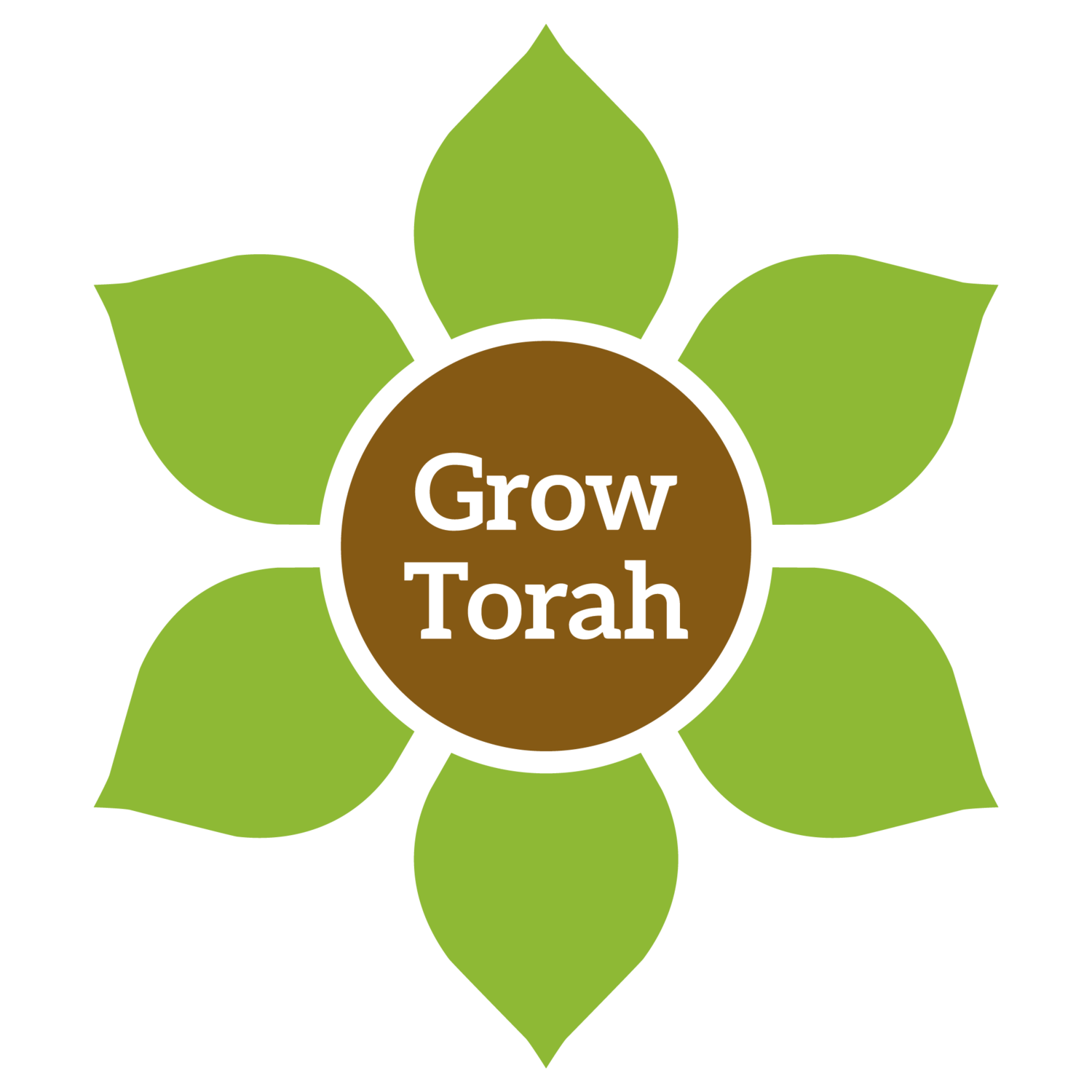Devarim: Belonging to the Land
Parshat Devarim begins the immediate anticipation of entering Eretz Yisrael. What is so momentous about entering the land of Israel? Is the importance in the location, or the concept of land as a whole? Could it be both?
Va'etchanan: Guard Yourselves Very Well
In Parshat Va’etchanan we receive, what could be taken as a vague directive from Hashem. What does it mean? What are its current applications? If we are aware of a problem, we have a responsibility to try to correct it.
Eikev: Shivat Haminim, The Seven Fruits of Israel
The seven species in this parsha are central to a Jewish spiritual path that endeavors to elevate the physical through intentional living. In this dvar Torah, Chana Bracha shares beautiful insights as to how we can bring harmony between our physical and spiritual selves through conscious consumption.
Re'eh: Blessing and Curse
Parshat Re’eh opens with a discussion about blessings and curses. The author of this blog post, Rabbi Akiva Wolf, discusses how our spiritual status affects the environment in Eretz Yisrael and vice versa. He beautifully extrapolates the concept to not just the land of Israel, but the world and the environment as a whole.
Shoftim: Wasteful Destruction
Parshat Shoftim gives us the source for the mitzvah of Bal Tashchit. In this week's parsha blog, Rabbi Dr. Norman Lamm explains how while the source of the mitzvah speaks of wartime, it is a mitzvah imperative to our daily lives, in times of peace as well. He implores us to think: is there more we can be doing to prevent excessive waste? Are we disposing of things that can be reused? Are we taking a stand in our communities to reduce the amount of waste we, as a nation, produce?
Ki Teitzei: Birds’ Nests and Bringing Mashiach
In Parshat Ki Teitzei we receive the mitzvah of shilu’ach hakein. What is a possible reason for this curious mitzvah? What is its relationship to the rest of animal-related mandates? What is its relationship to us? Small acts of compassion can go a long way.
Ki Tavo: First Fruits
In Parshat Ki Tavo, we receive the mitzvah of bikkurim (first fruits). This might make one ponder, what are our first fruits? Do we even know what season it currently is where our fruits were grown? Within this beautiful expression of emunah, there is a lesson about our awareness of food production.
Nitzavim: Sulfur and Fire Out of Heaven
In Parshat Nitzavim, we are reminded of the cities of S’dom and Amorah. Specifically, we are reminded of the sulfur that rained down on them. What is the significance of the sulfur? Is there a connection between the sulfur and the sin of S’dom and Amorah? Is there a connection to us?
Vayeilech: A Land Flowing with Milk and Honey
In Parshat Vayeilech, Eretz Yisra’el is given specific description pertaining to its resources. What were B’nei Yisra’el supposed to learn from the language that the Torah used here? What can we learn from it in modern times? Perhaps the land is dependent on more than rain…
Ha'azinu: The Heavens and the Earth Bear Witness
In Parshat Ha'azinu, the Torah tells us that heaven and earth bear witness to our actions. Why are heaven and earth chosen for this role? What is their relationship in regard to our actions? In this week's essay, we explore how we have upheld our responsibilities toward Hashem's earth over the millennium.
Vezot HaBracha: Perfecting the World
In Parshat V’Zot Habracha Moshe gives each of the 12 tribes a final blessing before his passing. In this week’s essay, we explore how the blessing given to Zevulun and Yissachar gives us insight into the importance of communal actions in protecting the environment.











